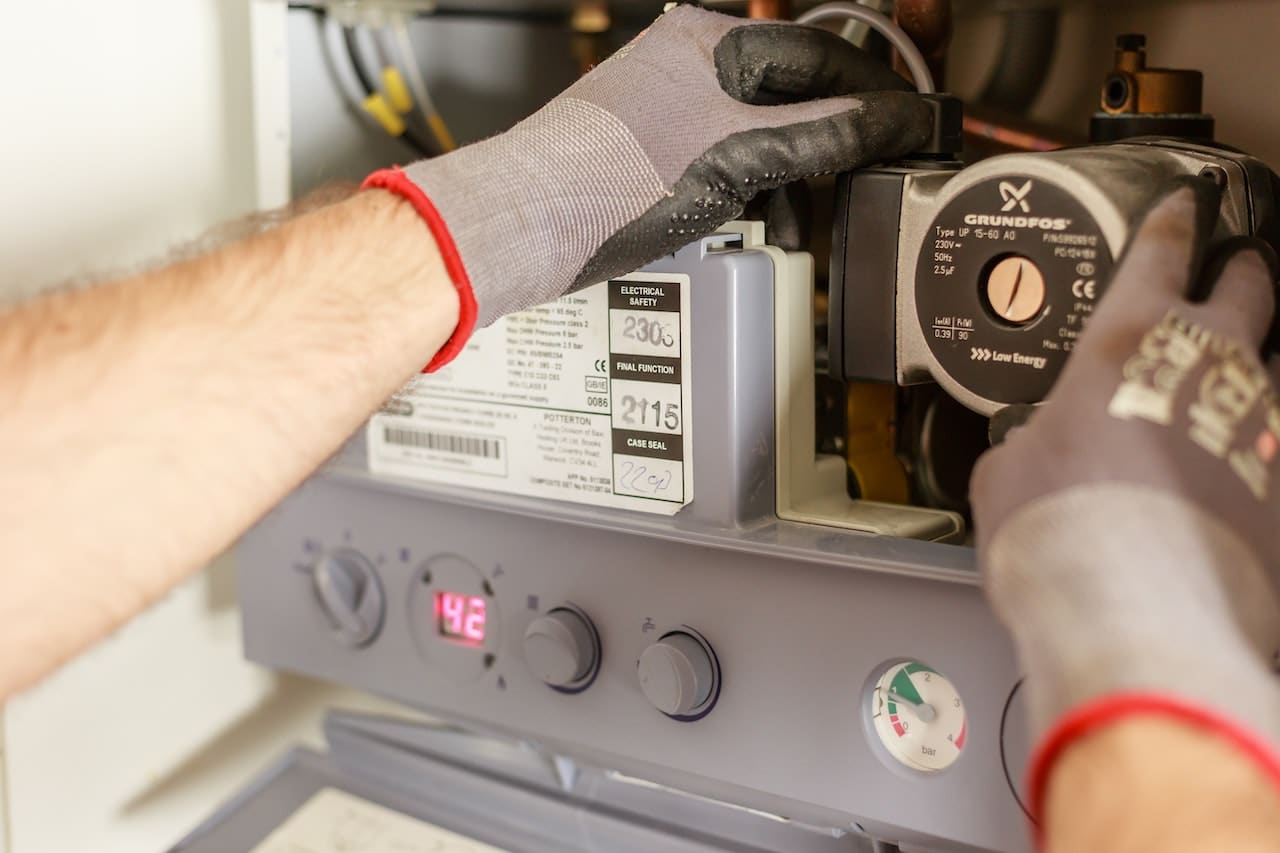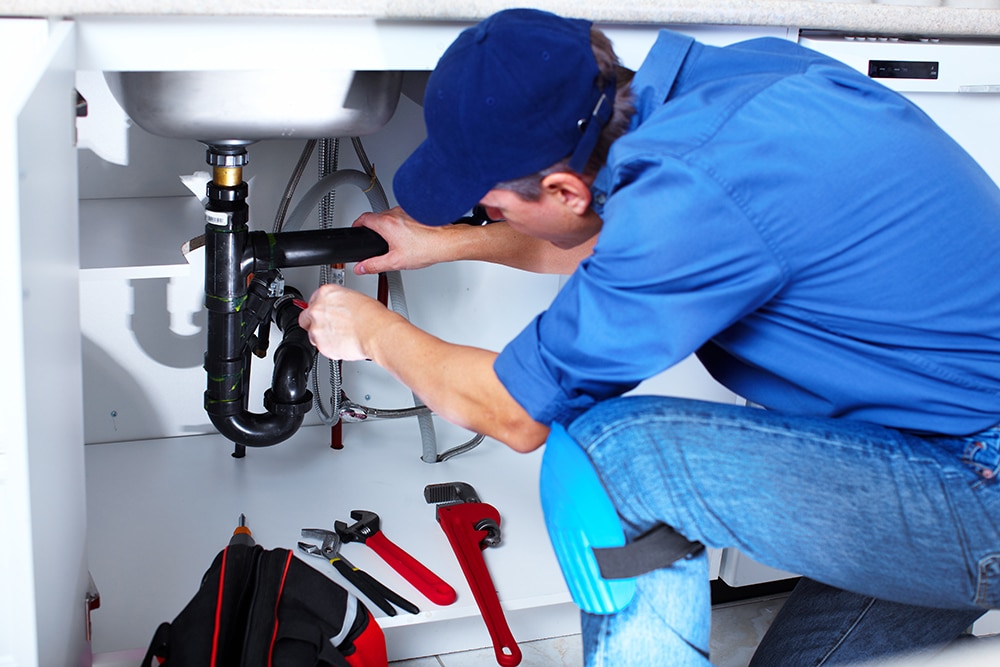Some plumbing issues are easy to repair; others require the expertise of a professional plumber. Here are some common plumbing problems and how to solve them. Don’t try to fix them yourself, as they can cost you hundreds of dollars. Instead, call a plumber for help. Here are some common household plumbing problems and their solutions. Hopefully, you won’t have to deal with them anytime soon! So, call a plumber today!
Low water pressure
If you’re experiencing a low water pressure problem, it’s important to know that there are several possible causes. If you recently renovated your home or had any work done in the house, it could also be the cause of low water pressure. Call the water company to have the valve opened after the work is done. If the water pressure is low, this problem could be the result of an improperly installed pressure regulator, and it’s important to contact a plumber as soon as possible.
The most common cause of low water pressure is a leak. A leak can dramatically decrease water pressure, and it may affect specific areas of the home. Any leak must be repaired as soon as possible, otherwise the leak will only continue to damage the home. Once it’s repaired, you should have good water pressure again. Whether it’s a minor leak or a large leak, the problem is likely to get worse if left unattended.
Leaky faucets
There are several factors that can cause your faucet to leak. Leaky faucets are most commonly caused by a corroded valve seat or interior washer. Fortunately, leaking faucets are easy to fix, and the repair is less expensive than other plumbing repairs. But, if you are unsure what to do to prevent a leak, call a plumber for expert help. Even if you are confident in your plumbing skills, do-it-yourself repairs could end up doing more harm than good.
Leaky pipes can cause a lot of problems. Several reasons may contribute to a leaky pipe, including excessive water pressure, corrosion, or stubborn clogging. However, it is best to call a plumber as soon as you notice a leak, as neglecting it will cause more damage to your plumbing system in the long run. It is also important to keep your thermostat set the same throughout the day and night to prevent freezing of your pipes.
Clogged drains
There are many different types of clogged drains, but the most common one is a clogged kitchen sink. Grease, food waste, and other foreign objects can cause a clog in a sink. Routine drain cleaning is necessary to remove these debris and keep the pipes clear. If left untreated, a clogged drain can result in costly repairs and water damage.
If you notice that the water in your sink or toilet does not seem to drain properly, you have a drain clog. If this is the case, there could be a variety of other problems with the pipes. Besides causing a clog, food particles can attract a range of pests and critters. You should consult a licensed plumber to address this problem. Once you have identified the cause, you can start the process of fixing the clogged drains.
Slow draining tubs
One of the most frustrating plumbing problems in the home is a slow draining tub. This is often due to a buildup of hair or debris in the tub drain. To clear the drain, you can use a Zip-it tool or needle nose pliers. If this doesn’t work, you may have to remove the tub stopper to clear the clog. If this still doesn’t work, you may have to call a professional plumber. Plumbers are equipped with the tools needed to clear out the drain.
There are several reasons why a bathtub drain is slow to drain. One of the most common causes is hair and bath products. Although bath products make bathtubs smell nice and create a relaxing experience, they can clog the pipes and restrict water flow. As the buildup grows over time, this can lead to an unpleasant smell. If you don’t want to have unpleasant smelling water, you should clean out the tub drain regularly.
Calcium buildup in pipes
If you’ve ever wondered why your sink, toilet, and faucets aren’t working properly, it might be calcium buildup. Hard water causes calcium buildup in pipes, which clogs them and results in sluggish draining and flushing. You may also notice low water pressure in your home. Calcium deposits in water pipes can affect the quality of your water, reduce the volume of your water heater, and cause clogs.
The most obvious sign of calcium buildup is a clogged drain. While calcium and other minerals stick to your pipes, the more you leave them, the more likely they are to build up, forming a severe blockage. Another warning sign is decreased water pressure. If you notice this problem, you’ll need to call a plumber as soon as possible. Fortunately, calcium buildup isn’t difficult to remove once you identify it.
Leaky hose bibbs
When you notice a drip coming from a leaking hose bibb, you may not immediately think of water damage. However, constant moisture on your home’s foundation can deteriorate concrete and soil. Even worse, water will corrode the pipes beneath your home. A leaky hose bibb is easy to fix and can prevent major damage to your home’s foundation. A licensed plumber can repair a leaking hose bibb, or replace the entire thing if necessary.
If you suspect a leaky hose bib, call a plumber to help you. It may seem easy enough to replace the hose bib, but it’s crucial to hire a professional if you’re not sure how to fix it. While you may be tempted to tackle the issue yourself, you may be able to do more damage or spend more money in the long run. The only way to ensure that you don’t end up paying more than you had to is to hire a plumber.


